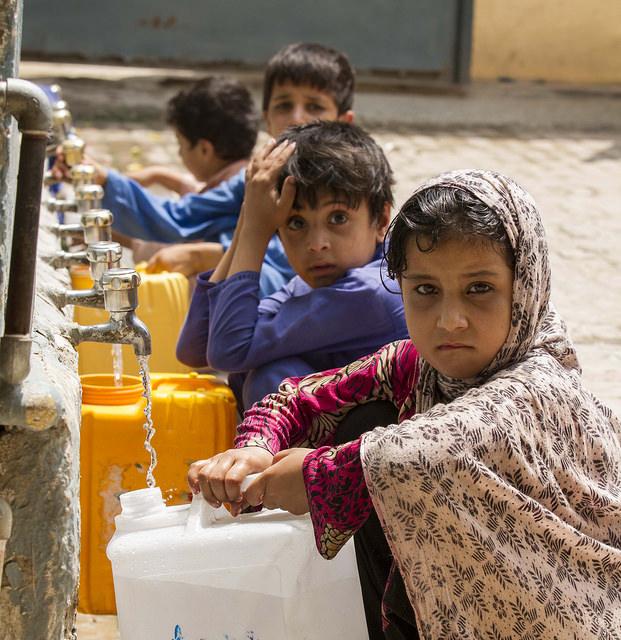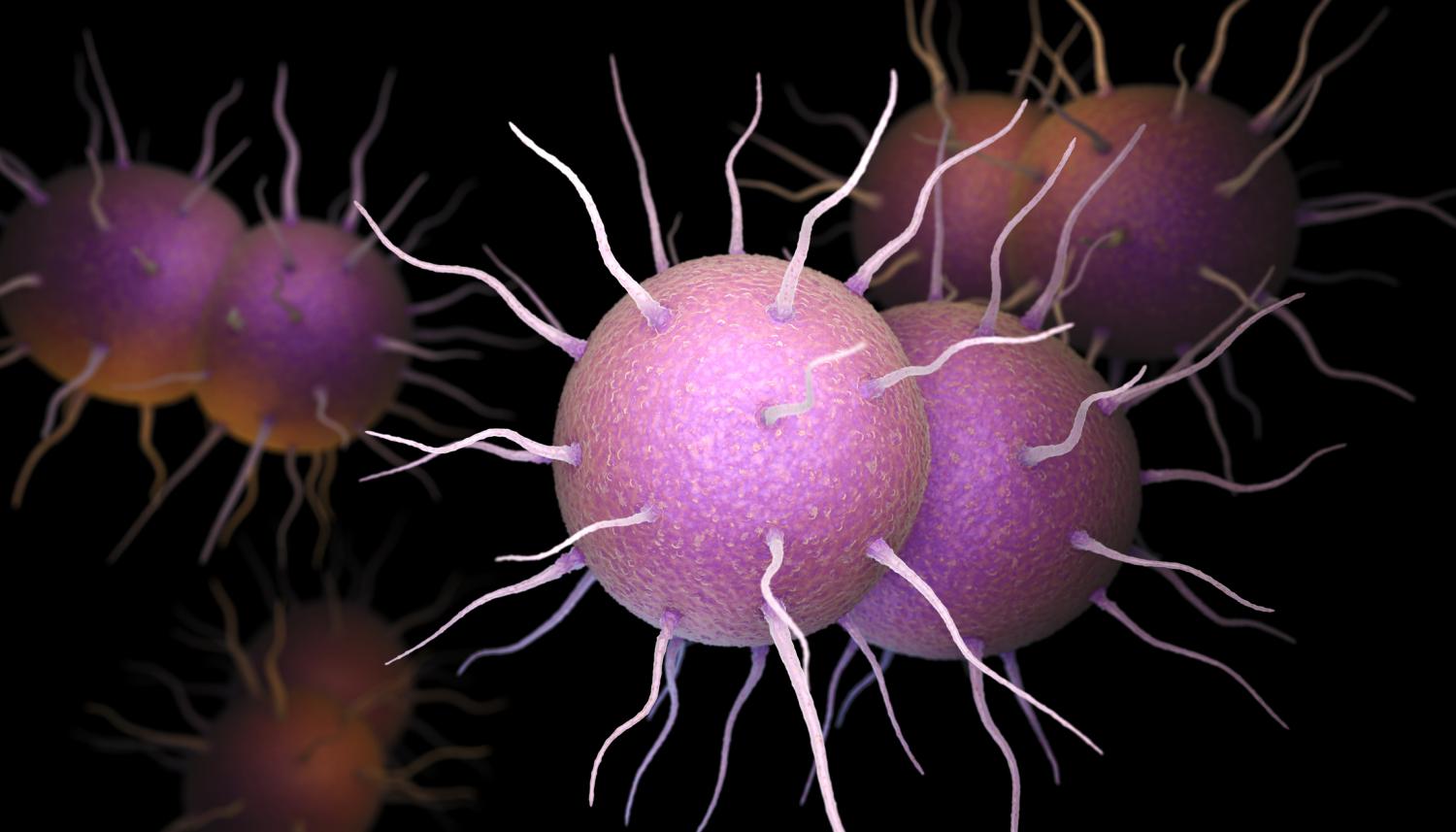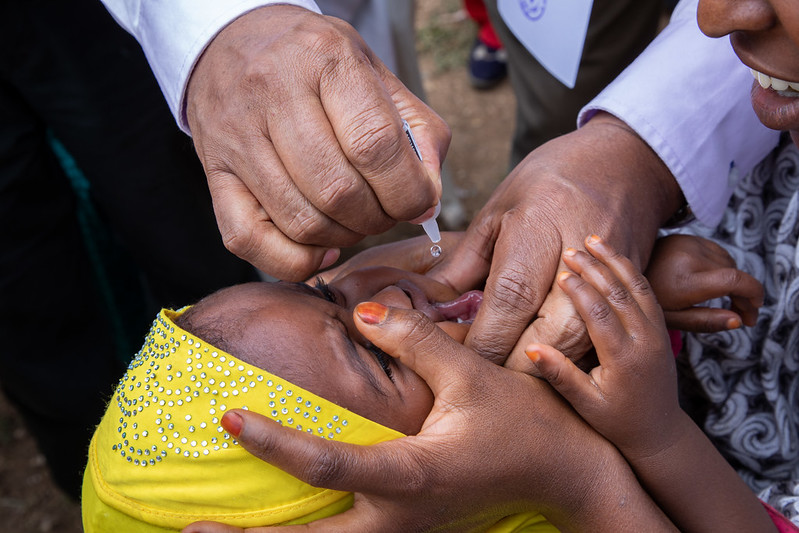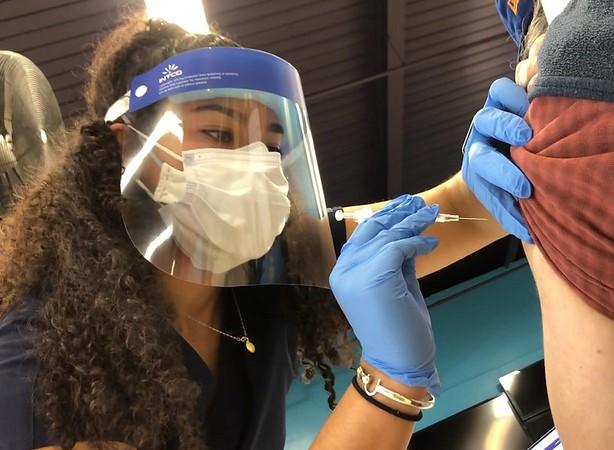
A new study indicates more than 4 billion people in low- and middle-income countries (LMICs) lack access to safe drinking water, Swiss researchers reported yesterday in Science.
Combining household surveys and earth observation data (including satellite, airborne, and land-based data) with geospatial modelling techniques, a team led by researchers from the Swiss Federal Institute of Aquatic Science and Technology estimated that only 33% of the total population of 135 LMIC's used a safely managed drinking water service (SMDWS) in 2020, leaving approximately 4.4 billion without access to safe drinking water. That's more than twice the number of people estimated to lack access to safe drinking water in a 2020 by the World Health Organization and the United Nations (UN) Children's Fund Joint Monitoring Programme for Water Supply, Sanitation and Hygiene.
The lowest national rates of SMDWS use were in sub-Saharan Africa. The study estimates that, in 12 countries in the region, less than 10% of the population used SMDWS in 2020.
Safe drinking water a 'basic human right'
The study also found that access to safe drinking water in LMICs is primarily limited by fecal contamination, which affects nearly half the population in those countries and is indicated by Escherichia coli contamination in the primary drinking water source.
"Detection of fecal contamination in drinking water is concerning, as ingestion of fecal pathogens is a major driver of diarrheal disease, one of the leading causes of under-five child mortality globally," the study authors wrote.
The authors note that access to safe drinking water is recognized as a basic human right and plays a core role in the UN's 2030 Agenda for Sustainable Development. They add that drawing attention to the many regions lacking safe water could "inform the mobilization and effective allocation of financial resources and human capacity" to address the issue.
"By filling crucial data gaps, our results point toward a substantial underestimation of the number of people whose basic human rights to safe drinking water are not being met and provide information on which subcomponents may be limiting use of SMDWS regionally," they wrote.















